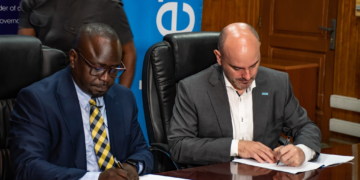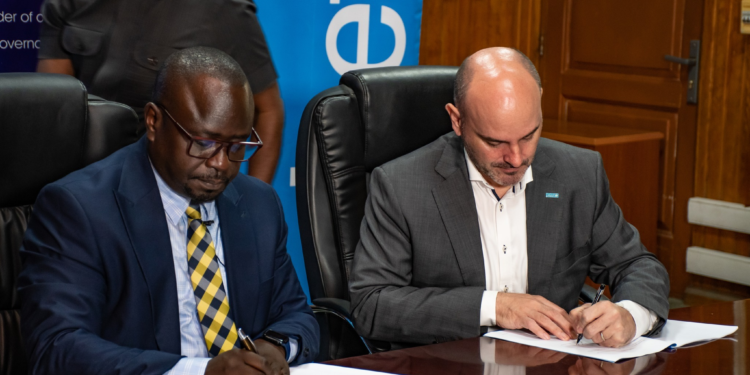Ghana Statistical Service (GSS) has announced a partnership with UNICEF Ghana to test water quality nationwide. This initiative forms part of the 2025 Ghana Multiple Indicator Cluster Survey (MICS), following a memorandum of understanding signed on 10th July, 2024 in Accra.
The fifth iteration of the MICS will collect extensive data on child protection, health, education, and notably, rapid water quality testing. This collaboration seeks to gather essential information supporting national and international development goals, particularly focusing on the well-being of children and women in Ghana.
These developments were mentioned in an official release by GSS on 10th July, 2024.
“The 2025 MICS will provide data on a wide range of topics including child protection, early childhood education, child health and nutrition, and maternal health. Other topics are rapid water quality testing, social transfers, foundational learning skills of children 7-14 years, child and adult functioning, migration status, use of clean fuels and technology, and victimization. The 2025 MICS includes new topics such as mental health, food insecurity experiences, children’s time use and youth not-in-education, employment or training (NEET),” GSS wrote.
Set to produce data on 267 indicators, including 33 aligned with the Sustainable Development Goals (SDGs), the survey seeks to address crucial health and social issues. Preparatory activities according to the Service will continue through 2024, with household listing exercises beginning in early 2025 and main data collection scheduled for the third quarter. The project benefits from the collaborative efforts of various governmental ministries and technical support from UNICEF, ensuring high-quality data collection and analysis.
“The statistics generated by GSS can be utilized by a wide cross-section of users including public sector, businesses, academia, civil society organizations and development partners,” GSS added.
The Statistical Service will implement the MICS in Ghana in collaboration with the Ministry of Health/Ghana Health Service, the Ministry of Local Government Decentralisation and Rural Development, the Ministry of Education, the Ministry of Gender, Children and Social Protection, the National Development Planning Commission, the Ghana Water Resource Commission and theMinistry of Sanitation and Water Resources with technical support from UNICEF.

































